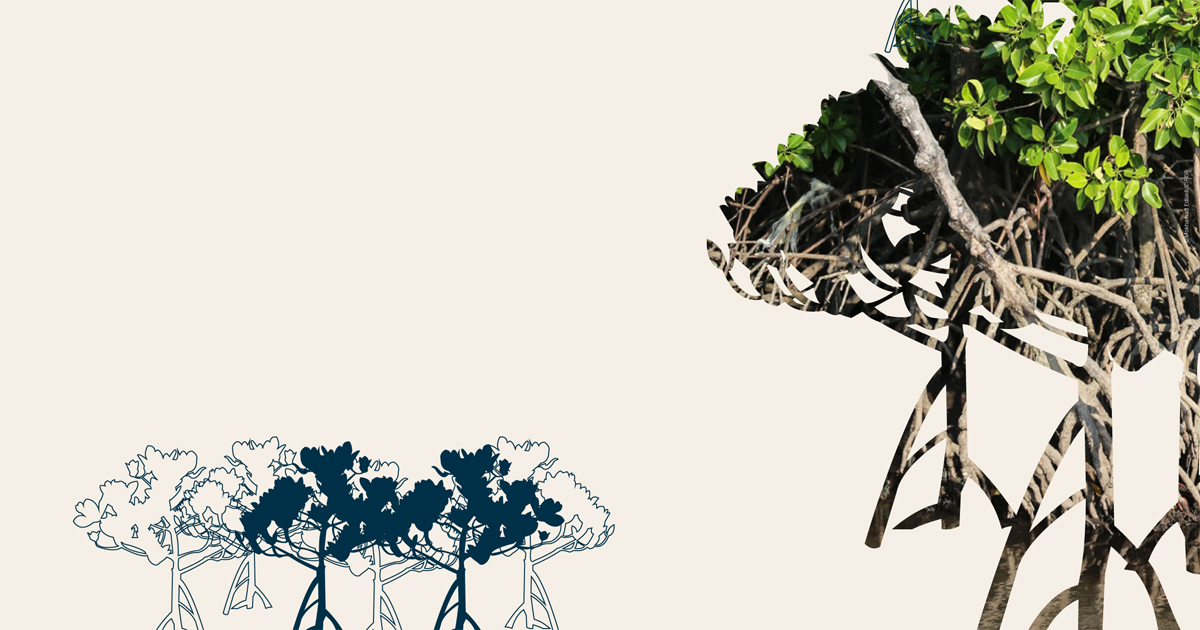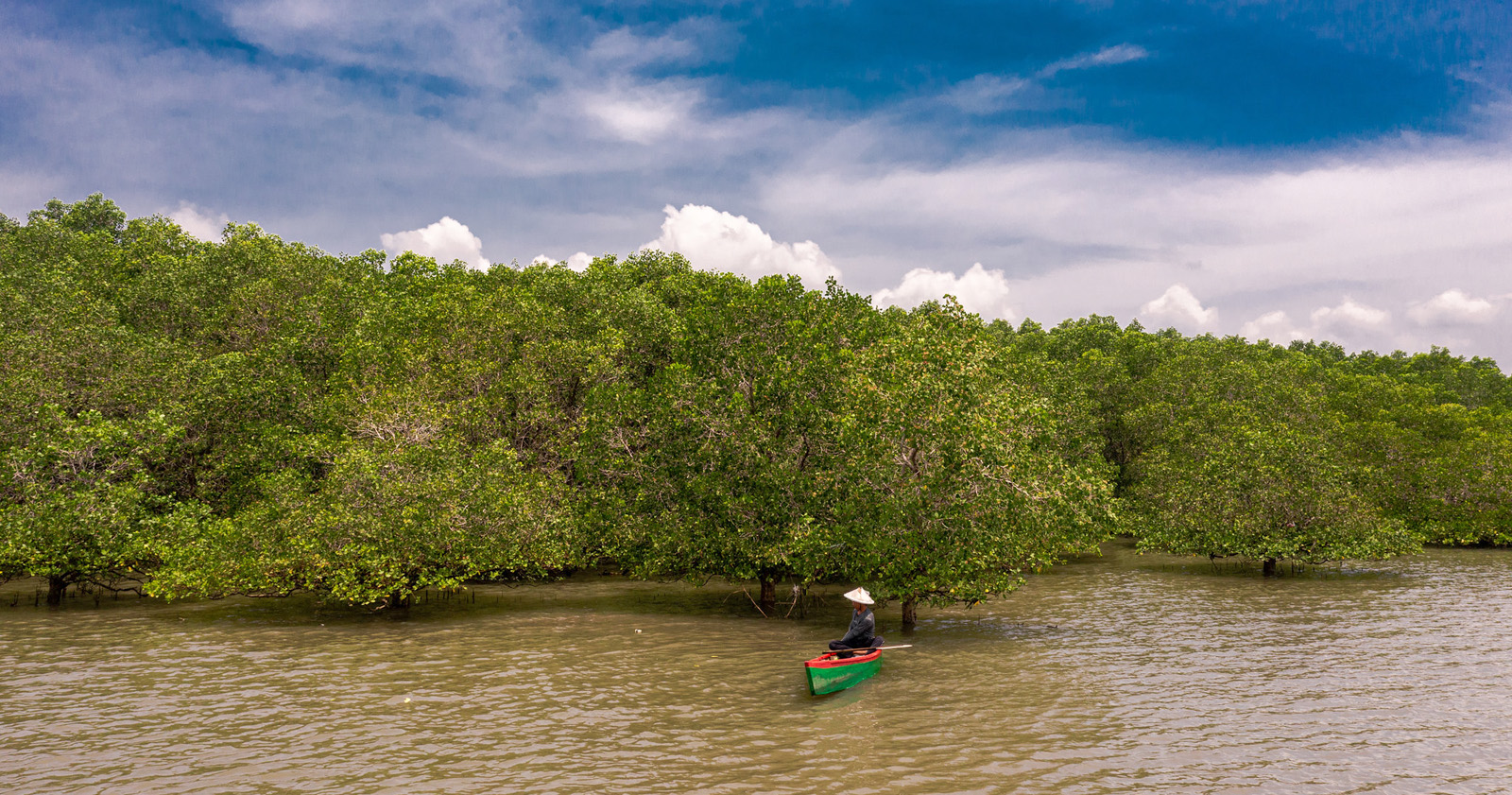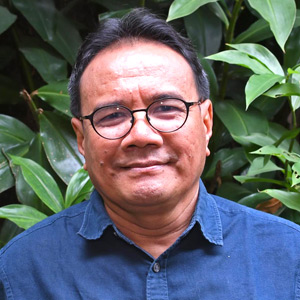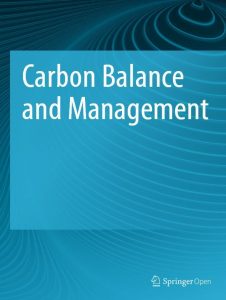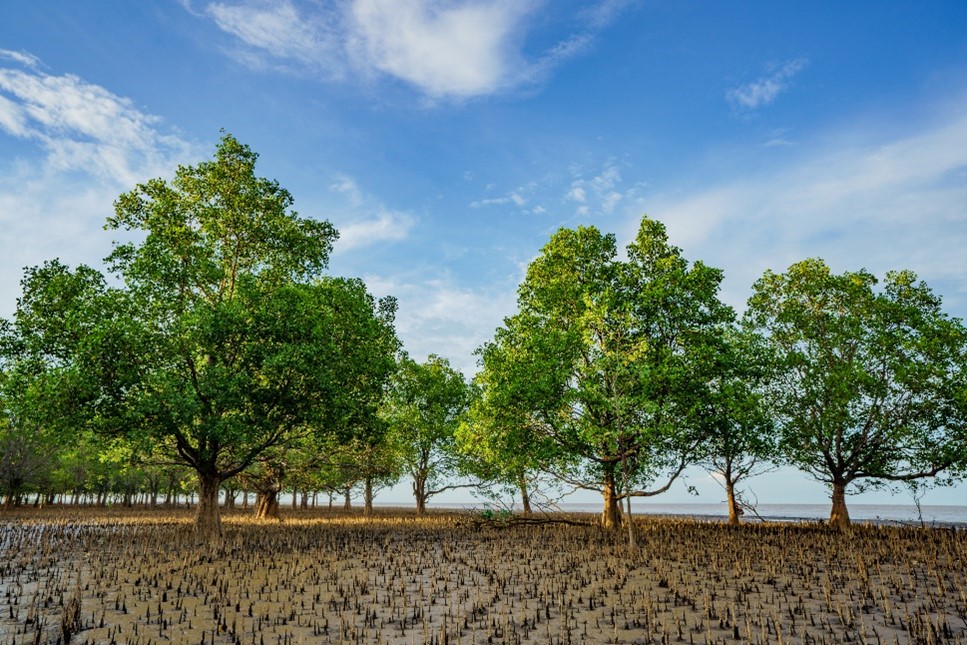Background
Mangroves, tidal marshes, seagrass, seaweed and other coastal and marine ecosystems capture and store ‘blue carbon’ – which holds exciting potential for wetlands-rich countries to meet their national climate goals. But to counter the rapidly escalating threats to these fragile and under-researched ecosystems, we urgently need to advance our understanding of them through knowledge-sharing and collaboration.
What is Blue Carbon Deck?
The Blue Carbon Deck is a Transformative Partnership Platform (TPP) designed to bring together the multiple initiatives around blue carbon to become the go-to source on blue carbon for researchers, civil society and practitioners working in coastal communities.
Hosted by the Center for International Forestry Research and World Agroforestry (CIFOR-ICRAF), the platform will ensure that programmes and projects are guided by the latest science while maintaining a focus on the particular challenges faced by people and foundation ecosystems. Having established a long-term and flourishing network of individuals and agencies across the globe, CIFOR-ICRAF is uniquely suited to hosting this new collaboration.
Contact us
Publications
Stories

Hidden benefits of mangroves: A story from Pangpang Bay, Banyuwangi
In the tranquil waters of Pangpang Bay in Banyuwangi on the island of Java, Indonesia, the powerful work that mangroves do can easily be seen. As the bay’s mangroves flourish, locals’ nets brim with fish – a testament to nature’s gift to people.
Forests news
New ‘blue carbon’ platform elevates neglected carbon-rich ecosystems
Blue Carbon Deck brings together research and practice to improve management and promote investment
Mangroves, tidal marshes, seagrass, seaweed as well as other coastal and marine ecosystems capture and store large amounts of organic carbon – regularly outdoing the sequestration capacity of standing forests.


Carbon sequestration and storage dynamics
Beyond Blue Carbon
A tale from two islands
South Korea’s National Institute of Forest Science (NIFoS) and the Center for International Forestry Research and World Agroforestry (CIFOR-ICRAF) are collaborating with local partners in Bali, Indonesia to identify promising mangrove species with high carbon sequestration abilities to promote in landscape restoration.
Sungsang Mangrove Restoration and Ecotourism (SMART)
Action research for community-based mangrove restoration and sustainable enterprise
CIFOR-ICRAF, Sriwijaya University, and the South Sumatra Watershed Forum (Forum DAS Sumsel) are undertaking Participatory Action Research (PAR) to develop locally accepted and sustainable business models in Sungsang Area in Indonesia’s Banyuasin District, South Sumatra Province.
The project seeks to help communities generate sustainable incomes from mangrove restoration, strengthen local policies for mangrove restoration, and contribute to national and global mangrove restoration agendas. It is supported by Singapore’s Temasek Foundation and runs for four years from November 2021 to November 2025.




